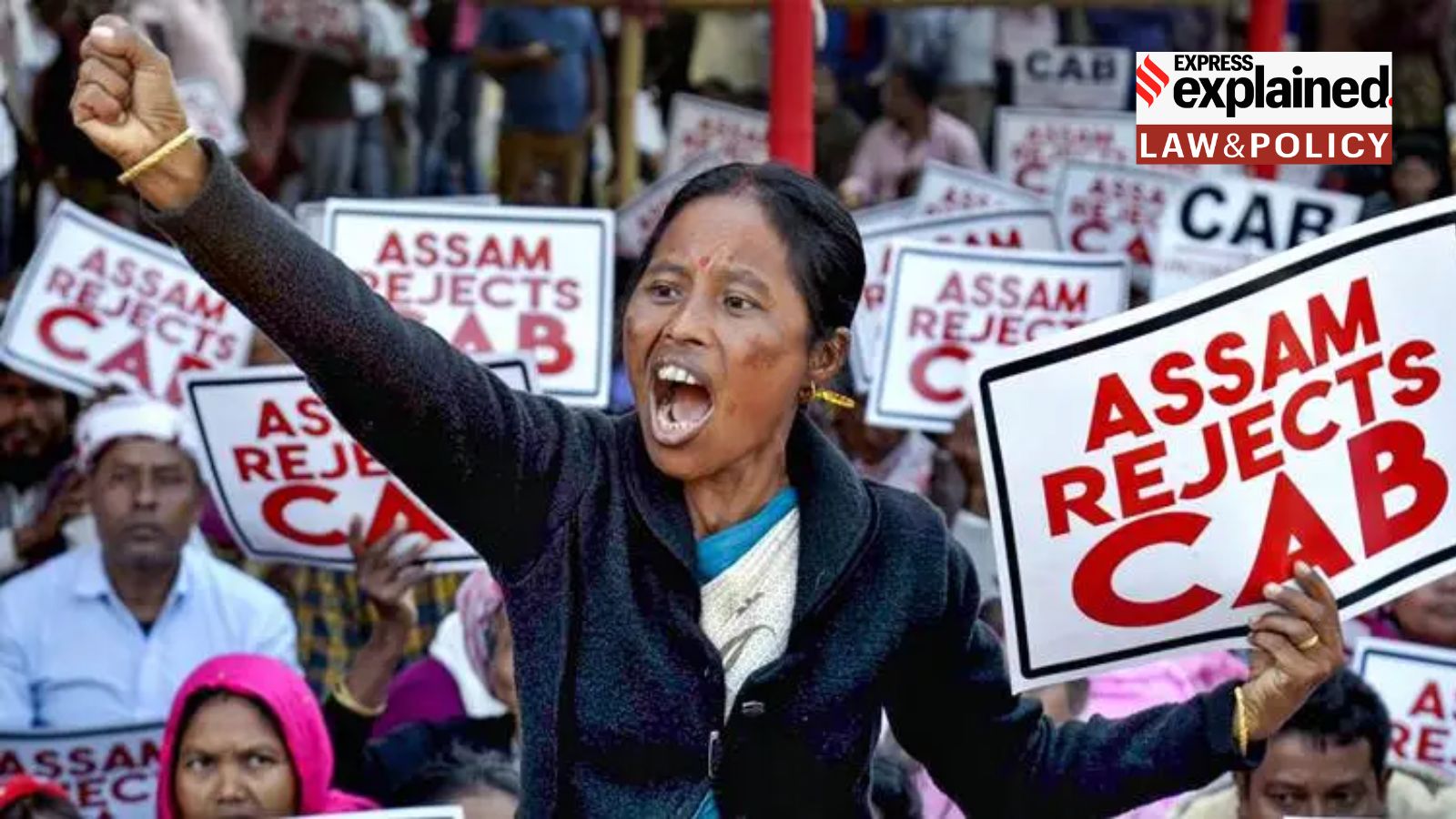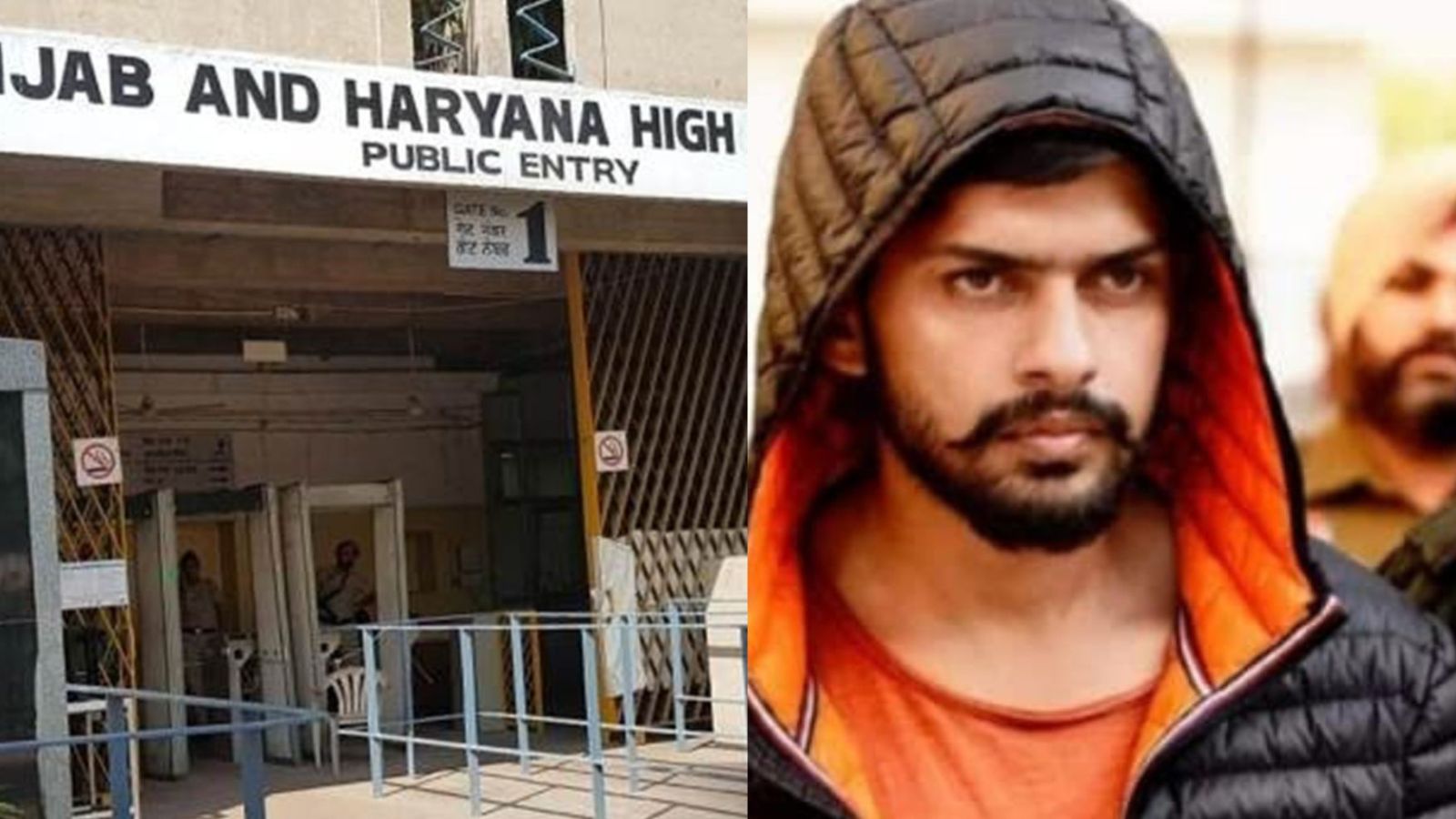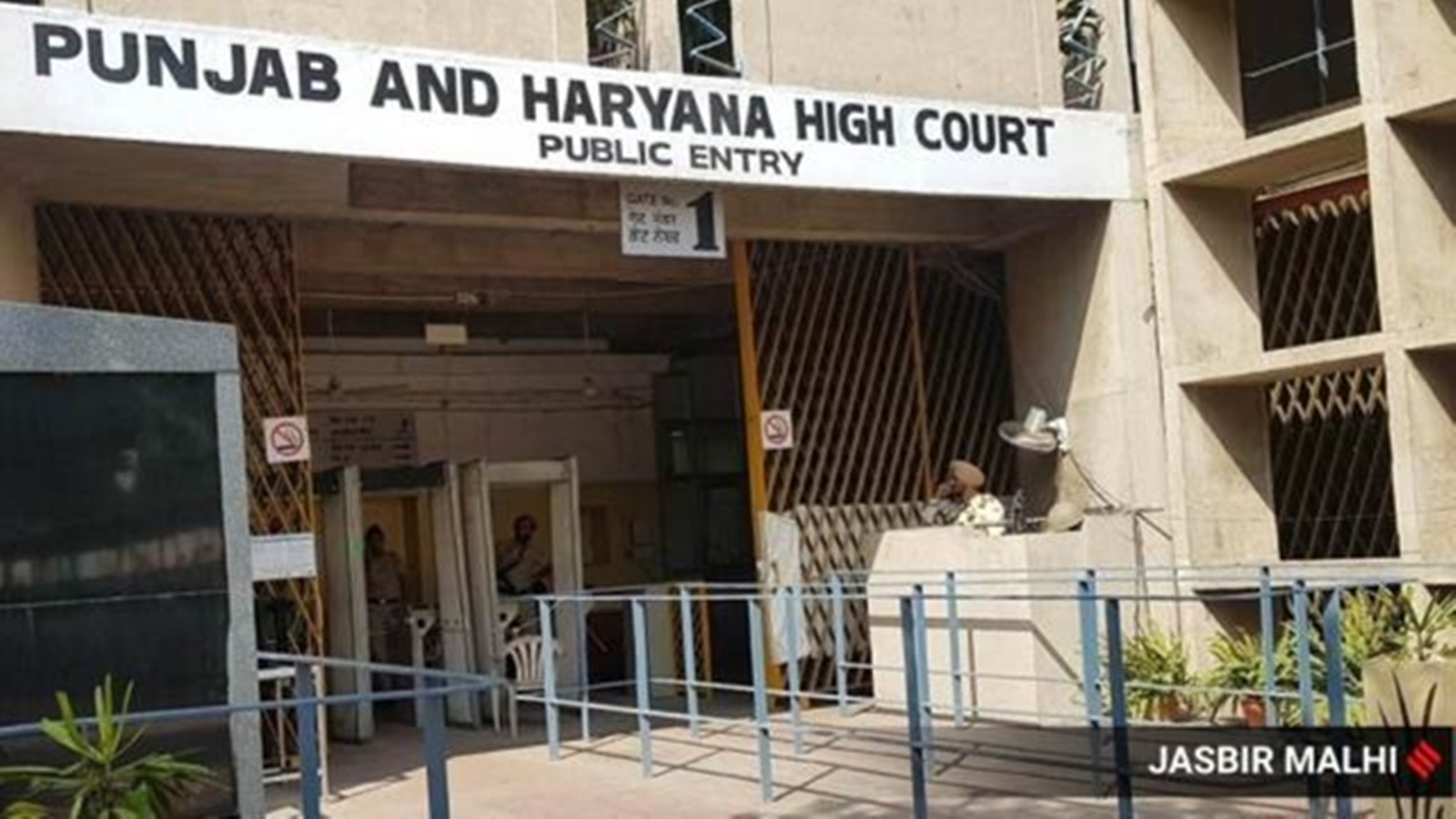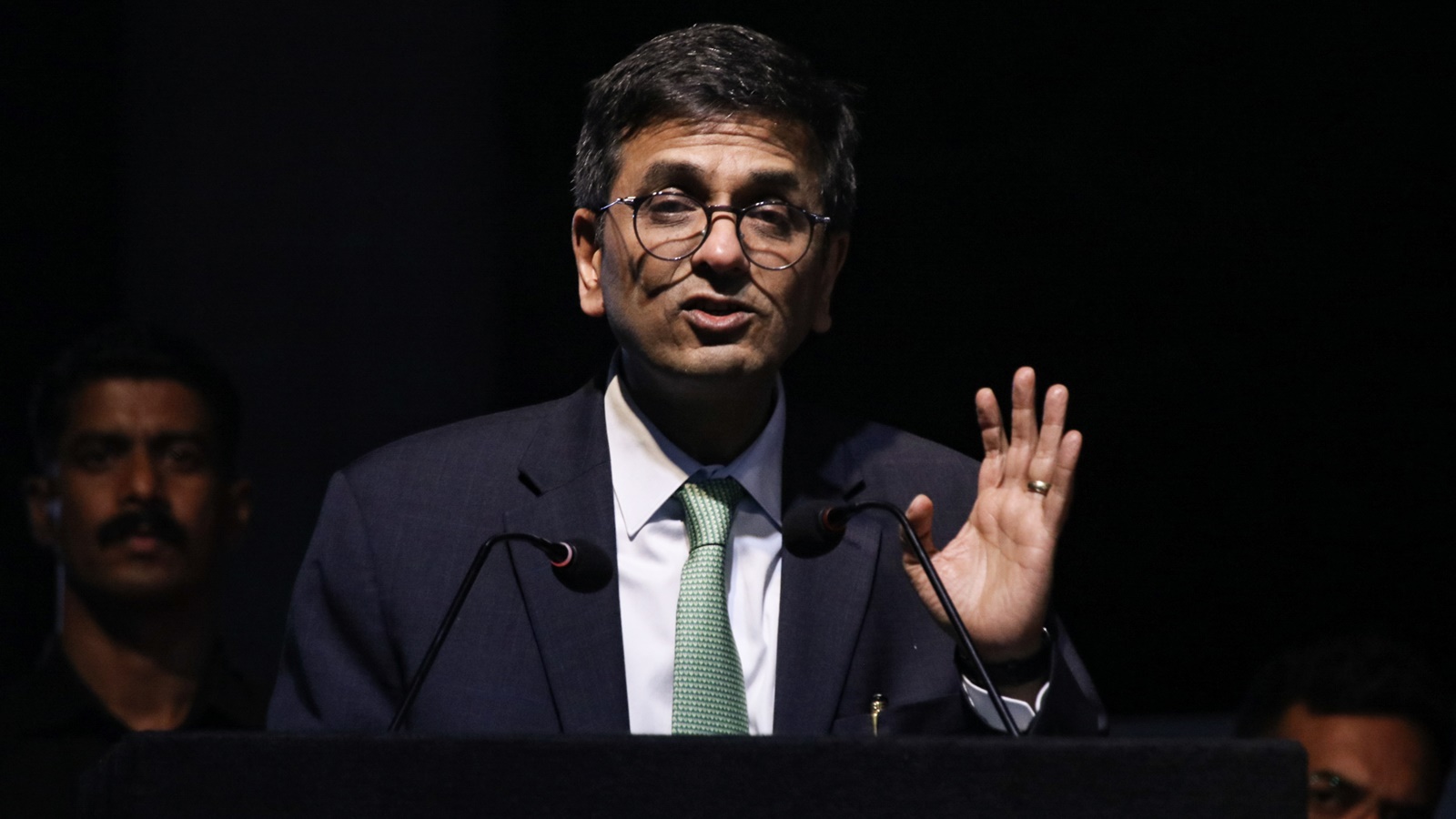A five-judge Constitution Bench of the Supreme Court is set to pronounce its verdict on whether Section 6A of the Citizenship Act, 1955 is constitutional. The provision grants citizenship to immigrants who entered Assam before January 1, 1966. It was added to the statute in 1985 following the signing of the Assam Accord between the Rajiv Gandhi government at the Centre and the All Assam Students’ Union (AASU) following a six-year-long agitation against the entry of migrants from Bangladesh into Assam. The Constitution Bench led by Chief Justice of India (CJI) D Y Chandrachud heard arguments in the case over four days between December 5 and December 21, 2023. The verdict is expected to answer crucial questions regarding the grant of citizenship to immigrants and the cultural rights of “indigenous” Assamese citizens. The petitioners include the NGO Assam Public Works, the Assam Sanmilita Mahasangha, and others who claim that setting a different cut-off date for citizenship in Assam is a discriminatory practice. What does Section 6A state? Why has it been challenged? And what are the arguments in support of the provision? Assam has historically had a problem of illegal entry of people from East Pakistan/ Bangladesh across the porous border crisscrossed by many rivers and streams. A key element of the Assam Accord was determining who is a “foreigner” in the state. Clause 5 of the Assam Accord states that January 1, 1966 shall serve as the base cut-off date for the detection and deletion of “foreigners”, but it also contains provisions for the regularisation of those who arrived in the state after that date and upto March 24, 1971. Section 6A was inserted into the Citizenship Act to facilitate this. I says that all persons of “Indian origin” who entered the state before January 1, 1966 and have been “ordinarily resident” in Assam ever since “shall be deemed to be citizens of India”. Additionally, it provides that anyone who entered and resided in Assam after January 1, 1966 but before March 24, 1971 who has been “detected to be a foreigner” would have the opportunity to register themselves according to rules made by the Central government. Following such registration, they would be granted the rights of citizens except that they would not be included in electoral rolls for the purposes of voting in elections for a period of 10 years. Those entering after March 24, 1971, would be considered illegal immigrants. The verdict may also have an effect on the National Register for Citizens ( NRC ) in Assam. In 2019, a two-judge Bench led by then CJI Ranjan Gogoi passed an order stating, “We make it clear that subject to orders as may be passed by the Constitution Bench in Writ Petition (C) No.562 of 2012 and Writ Petition (C) No.311 of 2015, National Register of Citizens (NRC) will be updated.” The petitioners argued that the cut-off date provided in Section 6A is discriminatory and violates the right to equality (Article 14 of the Constitution) as it provides a different standard for citizenship for immigrants entering Assam than the rest of India — which is July 1948. The Assam Sanmilita Mahasangha (ASM), one of the lead petitioners in the case, argued that the provision is “discriminatory, arbitrary and illegal”. They also claimed that the provision violates the rights of “indigenous” people from Assam. Their petition, which was filed in 2012, states that “the application of Section 6A to the State of Assam alone has led to a perceptible change in the demographic pattern of the State and has reduced the people of Assam to a minority in their own State. The same is detrimental to the economic and political well-being of the State and acts as a potent force against the cultural survival, political control and employment opportunities of the people.” During the hearings, the petitioners argued that the changing demographics in the state will affect the rights of “indigenous” Assamese people to conserve their culture under Article 29 of the Constitution of India. The Centre relied on Article 11 of the Constitution which gives Parliament the power “to make any provision with respect to the acquisition and termination of citizenship and all other matters relating to citizenship”. It argued that this gives Parliament the power to make laws on citizenship including for a “particular object” without violating the right to equality. Other respondents, including the NGO Citizens for Justice and Peace, argued that if Section 6A is struck down, a large number of current residents will be rendered “stateless”, and will be considered foreigners after enjoying citizenship rights for over 50 years. They also argued that the demographic pattern of the state changed in response to geopolitical events even before Section 6A was introduced, and that Assam has long since been a multilingual and diverse state. None
Popular Tags:
Share This Post:
SC to rule on legality of Citizenship Act provision in Assam
- by Sarkai Info
- October 17, 2024

What’s New
Spotlight
Today’s Hot
The spread of sex selection in India: Not just the foreign hand
- By Sarkai Info
- October 17, 2024
Featured News
Is overusing painkillers harming your stomach and kidney?
- By Sarkai Info
- October 17, 2024
Why climate change is a national security issue
- By Sarkai Info
- October 17, 2024
Latest From This Week
Vasan Bala’s unabashed cinephilia nearly salvages a lacklustre Jigra
ARTICLE
- by Sarkai Info
- October 17, 2024
Subscribe To Our Newsletter
No spam, notifications only about new products, updates.





























